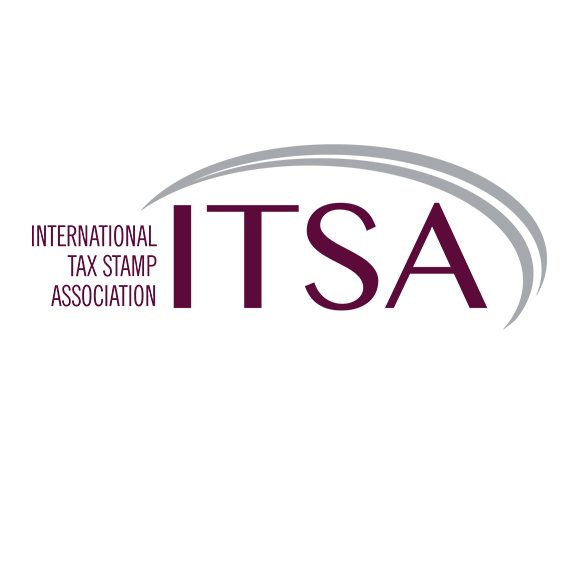
 THE INTERNATIONAL trade body for tax stamps is pressing for the urgent ratification of a WHO treaty that could help end the global trade in illicit tobacco products.
THE INTERNATIONAL trade body for tax stamps is pressing for the urgent ratification of a WHO treaty that could help end the global trade in illicit tobacco products.
The International Tax Stamp Association (ITSA) wants to see more countries ratify the WHO Framework Convention on Tobacco Control’s (FCTC) Protocol to Eliminate Illicit Trade in Tobacco Products.
The move would protect consumers from illegal and dangerous tobacco products and help secure tax revenues.
The Protocol will provide an international track and trace system among other tools to prevent illicit trade through greater supply chain security. A package of tough law enforcement measures is also planned alongside initiatives to boost wider international cooperation.
The Protocol requires ratification by 40 countries before it can come into force – to date, only 17 have done so including Austria, France, Portugal and Spain.
Other EU countries, such as the UK, Germany and the Republic of Ireland, which have signed the treaty, are being urged by ITSA to step-up the pace of ratification in the face of an illegal tobacco trade that costs governments tens of billions a year in lost tax revenue (and just over €11 billion in the EU alone, according to KPMG’s latest Project SUN report).
All other Eurozone countries, which have not yet signed up are being encouraged to act quickly.
Furthermore, ITSA sees no reason for the EU Council to delay a final decision on ratification by the European Union itself (which would count as an additional ratification to the individual member states) before the end of summer 2016.
Elsewhere, countries such as Australia and Brazil, which are leading the fight for better tobacco control, also need to sign-up as soon as possible, said ITSA.
The organisation wants ratification in place as quickly as possible so that work can start on developing the technical standards for traceability – a move that will also have a ‘strong impact’ on the EU Tobacco Products Directive (TPD) traceability and security feature standards.
 Chair of ITSA Juan Yañez said: “The track and trace technical standards of the EU TPD will need to be closely allied to the Protocol once the latter comes into effect.
Chair of ITSA Juan Yañez said: “The track and trace technical standards of the EU TPD will need to be closely allied to the Protocol once the latter comes into effect.
“However, given the current huge difference in timing between the EU TPD (which is currently working on its technical standards) and the Protocol, this will be a challenge to achieve.
“That’s why we are calling for urgent ratification, to pave the way for the introduction of technologies that will arm all authorities with the weapons to fight the illegal tobacco trade.
“More needs to be done, and quickly, to get the ratification process moving ahead, and tax stamps with the latest security features and track and trace capabilities will play a vital role in the battle to thwart counterfeiters and fraudsters,” said Juan Yañez.
According to ITSA the time is now right for focusing attention on the Protocol, given that the 180 parties to the FCTC will be meeting later this year for the seventh Conference of the Parties (COP7). The aim should therefore be for the Protocol to be in force before COP8 in 2018, said ITSA.
ITSA was founded by a number of leading industry companies and stakeholders to ensure the better understanding of the benefits of tax stamp programmes and to promote the highest professional standards within the sector. To this end, one of its key objectives is to support and promote the introduction of the ISO 19998 standard for tax stamps.
Members are Advanced Track and Trace, Ashton Potter Security Printers, Chanwanich Security Printing, Holoflex, Holostik India, Manipal Technologies, OpSec Security, SICPA, SURYS, Thomas Greg & Sons, Allexis sro, Jura JSP, Leonhard Kurz, Luminescence, Rolland Enterprises and Uflex.





